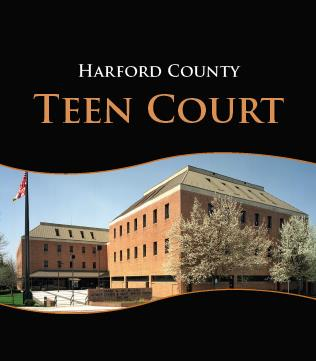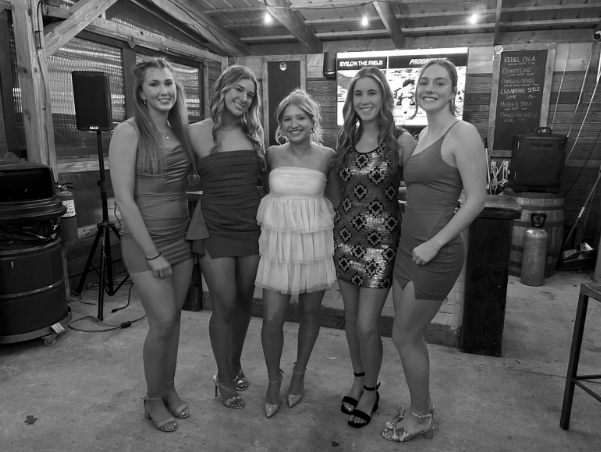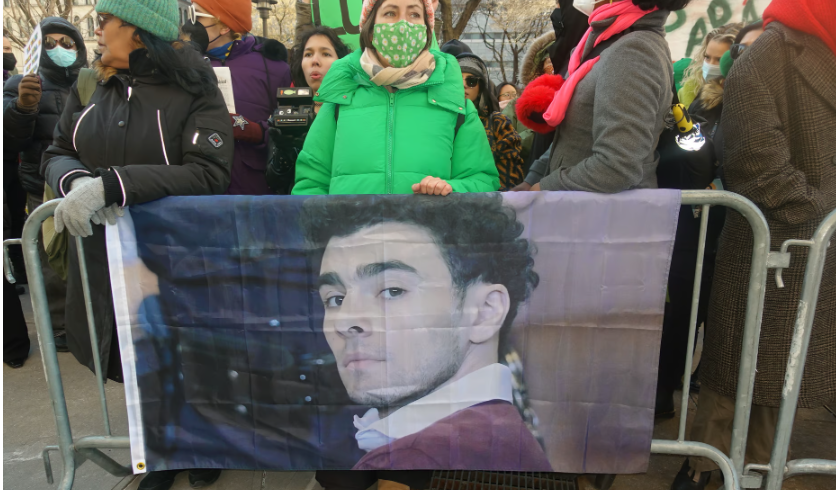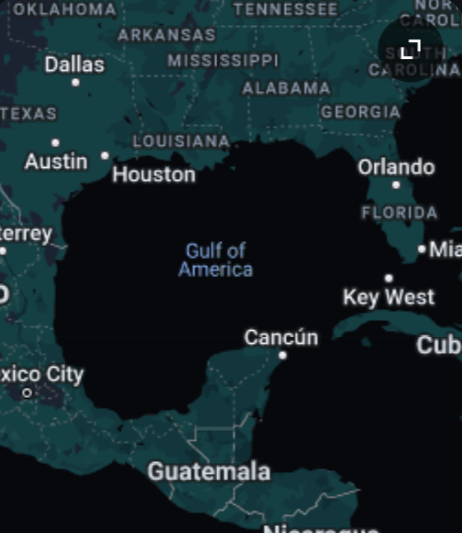Teen Court continues to serve community in virtual environment
February 23, 2021
Harford County Teen Court “is a voluntary diversion program that is used to resolve misdemeanor offenses without requiring intervention by the Department of Juvenile Services,” says Tiffany Eckstein, Teen Court Coordinator. Teen Court was created in Harford County in the spring of 2010. This program is managed by the Harford County Office of Drug Control Policy and the Harford County Sheriff’s Office Youth Services Division.
These minors who “complete the Harford County Teen Court program avoid a juvenile record for their offense” states Eckstein. However, there are requirements to who can become eligible for Teen Court and local law enforcement agencies are the ones who can refer them. “Youth must be between the ages of 11-17, first-time offenders, charged in or reside in Harford County, and admit to their guilt. Every participant is required to have an alcohol/drug and mental health assessment.”
Judges, whether they are District or Circuit Court judges, choose to volunteer in their free time to oversee cases in person. Teens (grades 8-12) also volunteer their time to be on the jury as well as the adult volunteers that “act as guides for the teen jury”. This jury can mandate several sanctions, including “the youth complete community service, serve jury duty, attend educational programs, write an apology letter, compose an essay, or other creative sanctions.”
This teen jury “can serve as Jury Members, Juror Foreperson, or as a Clerk of the Court. Jury members have the opportunity to ask questions of the respondent to gain more information about the case and circumstances involved.” The Jury Foreperson leads the deliberation in which the jury comes up with appropriate sanctions. They decide which sanctions “would benefit both the respondent and the community that may have been impacted.”
The last position that a volunteer teen can serve is the Clerk of the Court. The Clerk “assists the Judges and Bailiffs by reading the case details and ordering sanctions.” In Teen Court, “every sanction given serves a purpose. Juror’s decisions are based on both justice and compassion.” Therefore allowing all volunteers to “improve the lives of respondents and victims” and “uphold restorative justice.”
Teen Court has enabled many volunteers to meet and interact with Judges, Law Enforcement, and other workers involved in civil service, showing them how their possible future careers impact their community while learning about the work involved in those careers.
Currently, this program “has been operating in a virtual capacity since July 2020. Due to confidentiality requirements, jurors cannot participate in the virtual platform,” says Eckstein. There is no set date to continue in-person cases, but there will be volunteer training shortly after the date is announced.
Due to Teen Court resuming virtually, there are also new sanctions to adjust to the different environment. For instance, there are several virtual classes, including C.A.L.M (Creating Awareness and Living with Mindfulness which is an interactive educational experience focusing on mental health education, meditation, and mindfulness), CHOOSE YOUR PATH (Drug, alcohol, and mental health education), as well as FORWARD THINKING- WHAT GOT ME HERE? (Participants explore the consequences of their past decisions and learn to apply skills for controlling anger, handling negative peer pressure, working with authority figures, and strengthening family ties).
NATURE WORX is another sanction, however, this one does not require a virtual environment. It is “an outdoor experiential program where participants learn how to use nature and mindfulness to improve the overall well-being. Participants are now shown a prerecorded video to aid them with a self-guided experience.” Along with this, essays, letters of apology, and other sanctions remain a vital part of this program’s ability to help the community, especially youths that need it.

















